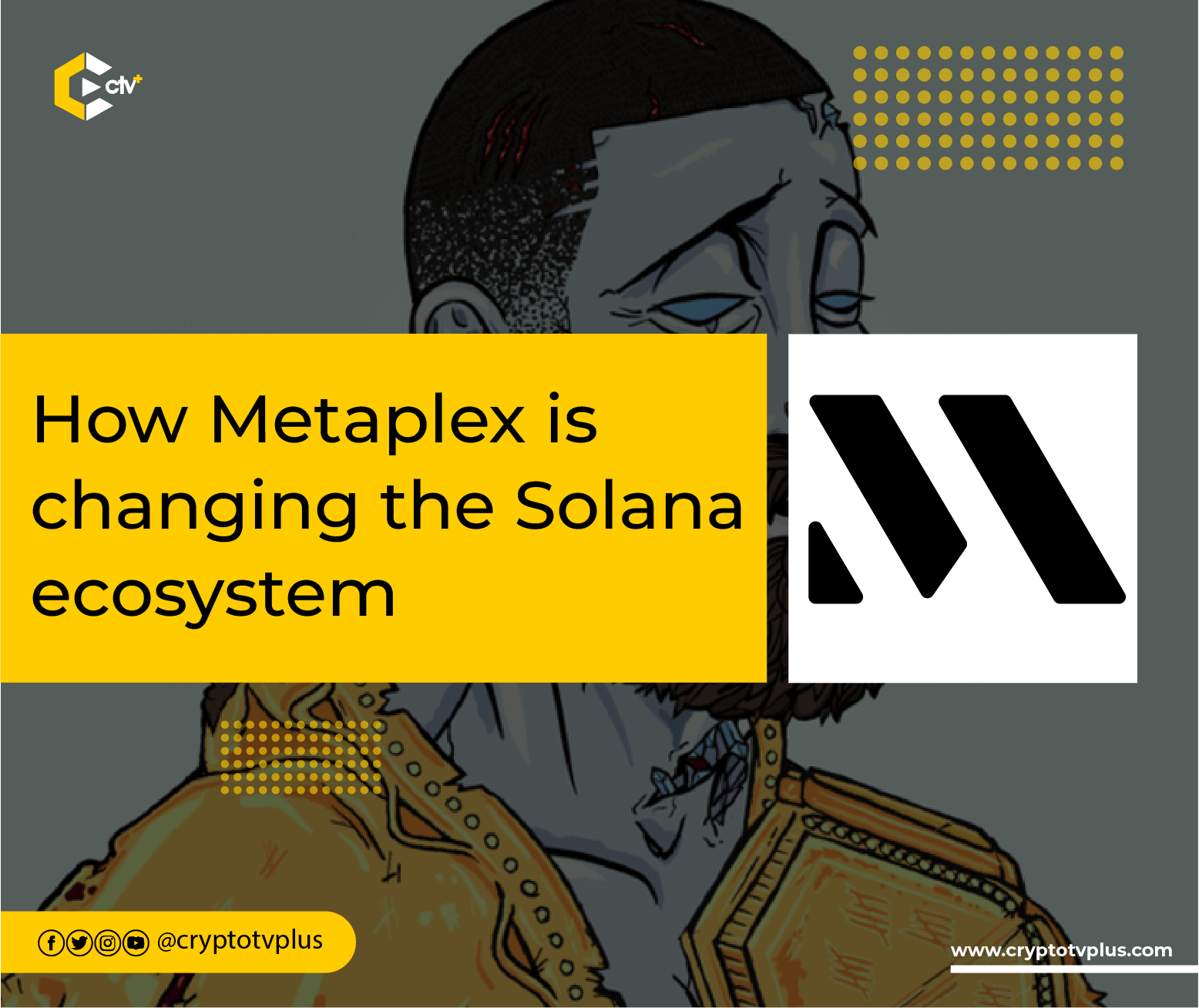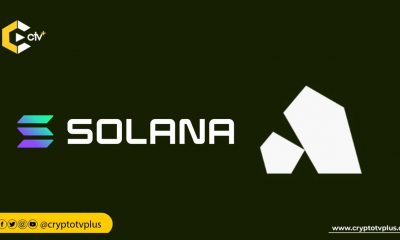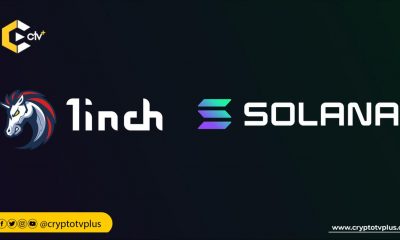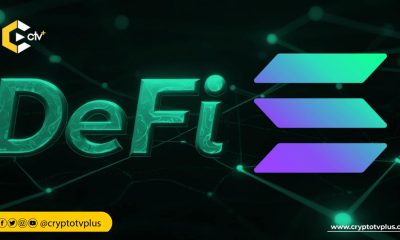FEATURED
How Metaplex is transforming the Solana ecosystem

Solana has expanded in the last one year with newer projects built on it and one of such projects is Metaplex. Stephen Hess, CEO of Metaplex, explained that it is a decentralized protocol for digital assets built on Solana which was launched June 2021.
By 2022 November, we have attracted over 150,000 creators, and 7 million collectors; minted more than 22 million NFTs; and given over $1 billion in revenue to creators, the CEO shared.
We are building a decentralized community where identity is an asset, gaming projects can be released, and users are empowered to own digital assets, Stephen explained. Furthermore, there are several new features he mentioned that are being developed in the Metaplex ecosystem:
- On-chain compression
- Enforcing royalty with token metadata
- Fusion
- Metaplex Creative studio
NFT royalty shouldn’t go away
The CEO highlighted that on-chain compression by Metaplex allows the storage of “cryptographic proof of metadata On-chain” instead of directly storing metadata on-chain. This will result in cost improvement while the protocol maintains its decentralized nature. Thus, NFTs can be created at low prices where minting 1 million NFTs will cost 5 Sol and not 12,000 Sol, the initial price, Stephen added.
Another addition we bring to Solana is the on-chain enforcement of royalties for NFTs, he said. Yoots will be the first NFT project that will use the token metadata to enforce royalty so that the relationship between creators, and collectors can be mutual.
With Fusion on Metaplex, creators can develop composable NFTs, Stephen revealed. These are NFTs that are created by combining “multiple assets into a new one”. He cited an example with Caveworld, a game that has integrated Fusion into its project.
Lastly, Stephen mentioned the Metaplex Creative studio that will allow creators develop, create, and release NFTs without the need for developers. He called it a “no code” platform which currently has over 50,000 users on its wait-list, and will be open soon.
Read also;
Why user experience will drive the evolution of crypto wallets
Why VCs want equity, not token-based investments

























1 Comment